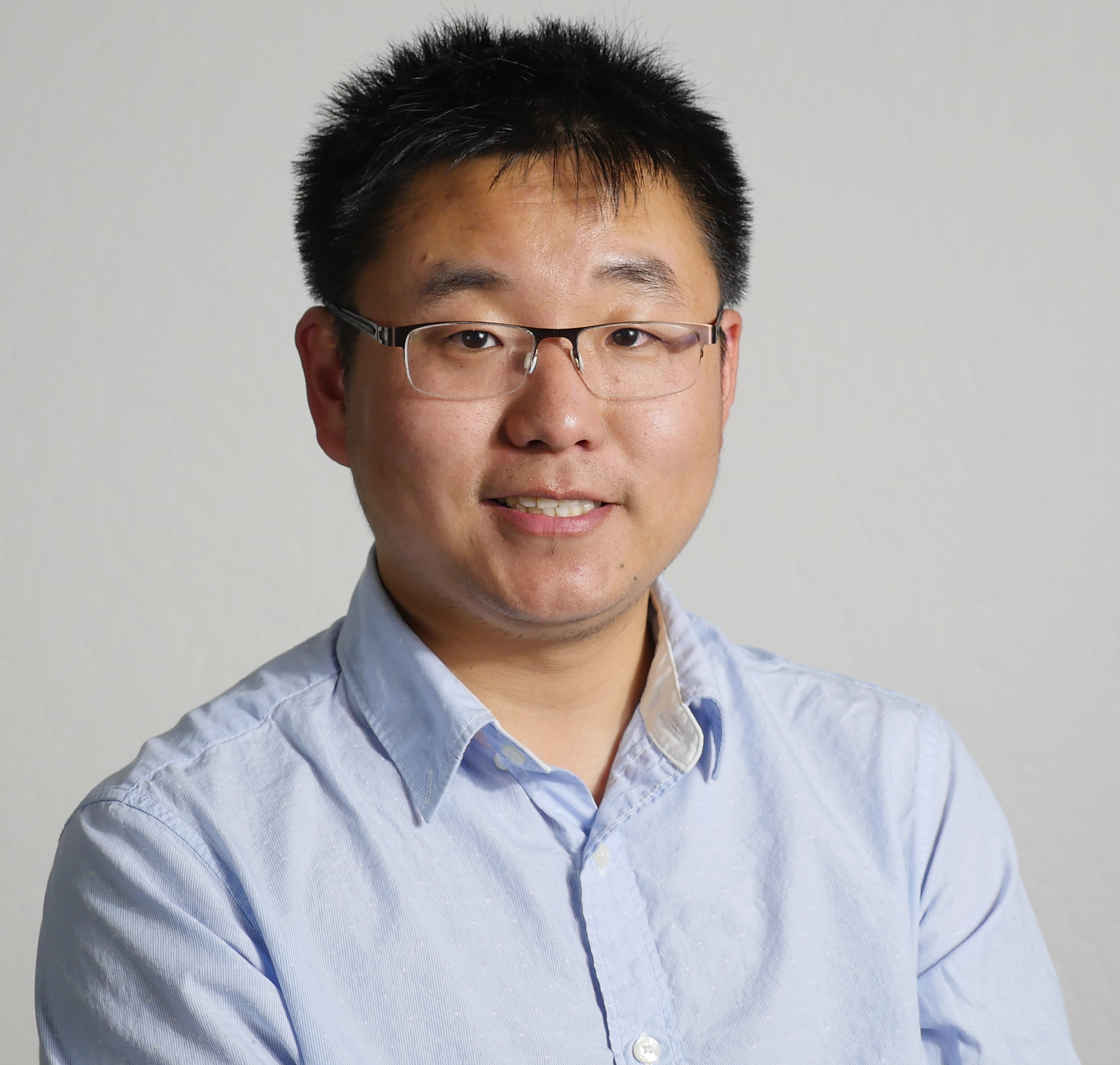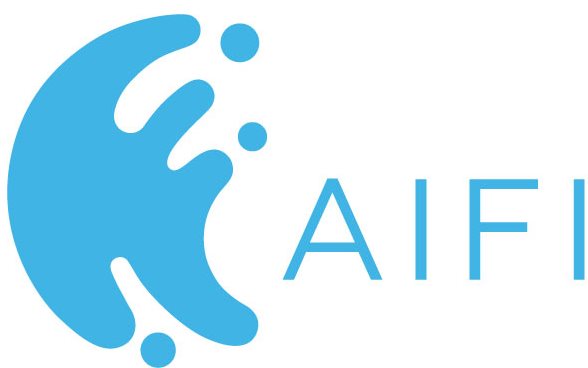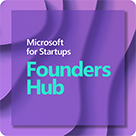This week I had the distinct pleasure of sitting down with Steve Gu who worked on some of the most recognizable technologies at Apple and Google before launching his own company. Steve founded AiFi in 2016 with Ying Zheng with the goal of making AI as widely available and as useful to consumers as Wi-Fi. AiFi enables reliable, cost-effective, and entirely contactless autonomous shopping with AI-powered computer vision technology that provides an unrivaled experience for retailers and consumers. AiFi works with top retailers worldwide such as Aldi, Carrefour, Compass Group, Morrisons, Verizon, and Zabka.
I asked Steve about his background and how he plans to make retail autonomous for shoppers everywhere.
“I started programming back in the 1990s when I was 13 years old and fell in love with it. I discovered how much you could do with computers, and I wanted to see if I could make a dent in the universe.

When I studied computer vision back in 2007, that was the pre-deep learning era and you had to be a true lover of the subject because there was no real commercial or mainstream industrial application for it at that time. I have been enchanted by computer vision and its potential ever since.”
Over and again, we hear about the importance of timing in the life of a founder. Of course it’s important to create your own opportunities, but the stars also have to be perfectly aligned so that the opportunities come at the right moment. One of the big challenges for entrepreneurs is going out on your own to start something new. I asked Steve why he had chosen this route rather than working with an established tech company.
“I worked for some of the most established tech companies. I first worked at Apple in the human interface device group, developing 3D touch for iPads, iPhones and trackpads. Later I worked on Google Glass which was a fascinating product. While all those projects were interesting, you only got to work on a small piece.
These work experiences confirmed my passion to use technology to simplify and to enrich people’s lives. I felt the urge to share my vision with like-minded folks and to start a new business. It took until 2016 when all the pieces fell into place and the time was right to start AiFi.”
The best entrepreneurs are able to leverage their experiences to maximize the chances of success. That kind of hard-earned wisdom can be as valuable to a young company as an idea or funding. Knowing Steve’s background in computer vision, I was curious to learn how he had decided to focus on retail when building out AiFi.
“We started AiFi to make AI as widely accessible as WiFi. We believe AI has the potential to be completely transformative and we want to use the technology to solve real-world problems. The idea of an autonomous store gradually took shape in my mind when Ying and I became parents and struggled with waiting-in-line situations. We wanted to build a whole in-store ecosystem, leveraging the camera networks and the neural network for people tracking, product recognition, and activity recognition. This way, we could help shoppers save time and simplify people’s busy lives.

We are experts in computer vision and AI, but not retail experts. Therefore, we learned from the best. Through our partnerships with Carrefour, the world’s leading food retailer, and Zabka, the largest convenience store chain in Poland, we developed a deep understanding of the industry. Now, we are proud that we are offering the most advanced and flexible autonomous store technology to support our retail partners in their digital transformation.”
This is a great example of product definition evolving through a customer engagement. Startups always need to be open to the kinds of opportunities and development paths that only surface when you start to interact with the market you’re selling into.
It seems like AiFi had positioned itself to really take advantage of this early success. I wondered about some of the challenges Steve had faced when growing the company from this stage.
“There are different challenges at each different stage of the company. Early on it was all about focus and getting the prototype ready. Once we had our MVP, we raised Series A funding. The steepest curve was learning how to work with big corporations because our clients are some of the world’s largest retailers.
Even staffing can be a challenge. Going from three to 20 employees and then scaling up to 100 was its own challenge as each stage makes different demands on founders. Over the past five years, I spent a lot of time recruiting and engaging my team to ensure everyone is aligned and motivated. And, of course, there is also fundraising, talking with investors, and managing expectations at that level. I didn’t study any of these things in school, so I’ve had to learn along the way.”
That marriage of technical training and business savvy can be one of the hardest to navigate for entrepreneurs. It’s so important to have good mentors and people advising you about the balance between pursuing your vision and build a stable and competent team for executing on it.
I had to ask Steve what advice he had for entrepreneurs and startup founders at the start of their journey.
“It’s important to dream big. Be ambitious and have a grand vision, but you also need to have your feet on the ground and understand or be willing to learn about the practicalities of building a team.
It can be hard, but if you persist, you will overcome each hurdle and move forwards. Persistence and resilience are vital.
If I could change one thing for startups, it would be around making better connections between founders and investors. We are lucky to have been involved with great communities like StartX, where we were introduced to great investors at an early stage, but I’ve seen good companies struggle with this aspect and I would love to see it become more efficient.”
Steve Gu is a great example of a technical founder bringing a wealth of experience and a strong vision to creating a startup. He built a robust MVP which was flexible enough to mold itself around a business opportunity and become retail focused without ever losing sight of his original aim to make AI as accessible as Wi-Fi. He also learned that you need more than technical knowhow to build out a company and take your vision to the global marketplace.











